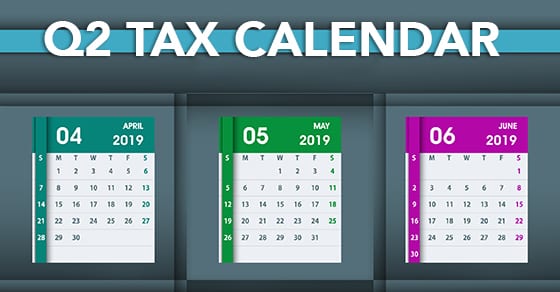Blog
Deducting Business Meal Expenses
In the course of operating your business, you probably spend time and money “wining and dining” current or potential customers, vendors and employees. What can you deduct on your tax return for these expenses? The rules changed for deducting business meal expenses under the Tax Cuts and Jobs Act (TCJA),
Properly Fund Your Revocable Trust
If your estate plan includes a revocable trust — also known as a “living” trust — it’s critical to ensure that the trust is properly funded. Revocable trusts offer significant benefits, including asset management (in the event you become incapacitated) and probate avoidance. But these benefits aren’t available if you
Tax Implications for Divorcing Business Owners
If you’re getting a divorce, you know it’s a highly stressful time. But if you’re a business owner, tax issues can complicate matters even more. Your business ownership interest is one of your biggest personal assets and your marital property will include all or part of it. Here are some
When to Report Subsequent Events
Financial statements present a company’s financial position as of a specific date, typically the end of the year or quarter. But sometimes events happen shortly after the end of the period that have financial implications for the prior period or for the future. Here’s a look at what’s reportable and
Required Minimum Distributions and Working After Age 70 1/2
If you participate in a qualified retirement plan, such as a 401(k), you must generally begin taking required withdrawals from the plan no later than April 1 of the year after which you turn age 70½. However, there’s an exception that applies to certain plan participants who are still working
Knowledge Management and Succession Planning
As the old saying goes, “Knowledge is power.” This certainly rings true in business, as those who best understand their industries and markets tend to have a knack for staying on top. If that person is a company’s owner, however, great knowledge can turn into a vulnerability when he or
Gift Tax Return Deadline for 2018 is April 15
Did you make large gifts to your children, grandchildren or other heirs last year? If so, it’s important to determine whether you’re required to file a 2018 gift tax return — or whether filing one would be beneficial even if it isn’t required. Filing requirements Generally, you must file a
2019 Q2 Tax Calendar and Key Deadlines for Businesses and Other Employers
Here are some of the key tax-related deadlines that apply to businesses and other employers during the second quarter of 2019. Keep in mind that this list isn’t all-inclusive, so there may be additional deadlines that apply to you. Contact us to ensure you’re meeting all applicable deadlines and to
Life Insurance: An Estate Planning Tool for Nontaxable Estate
For years, life insurance has played a critical role in estate planning, providing a source of liquidity to pay estate taxes and other expenses. Today, the gift and estate tax exemption has climbed to $11.4 million, so estate taxes are no longer a concern for the vast majority of families.
Business Tax Credit for Family and Medical Leave
The Tax Cuts and Jobs Act created a new federal tax credit for employers that provide qualified paid family and medical leave to their employees. It’s subject to numerous rules and restrictions and the credit is only available for two tax years — those beginning between January 1, 2018, and










